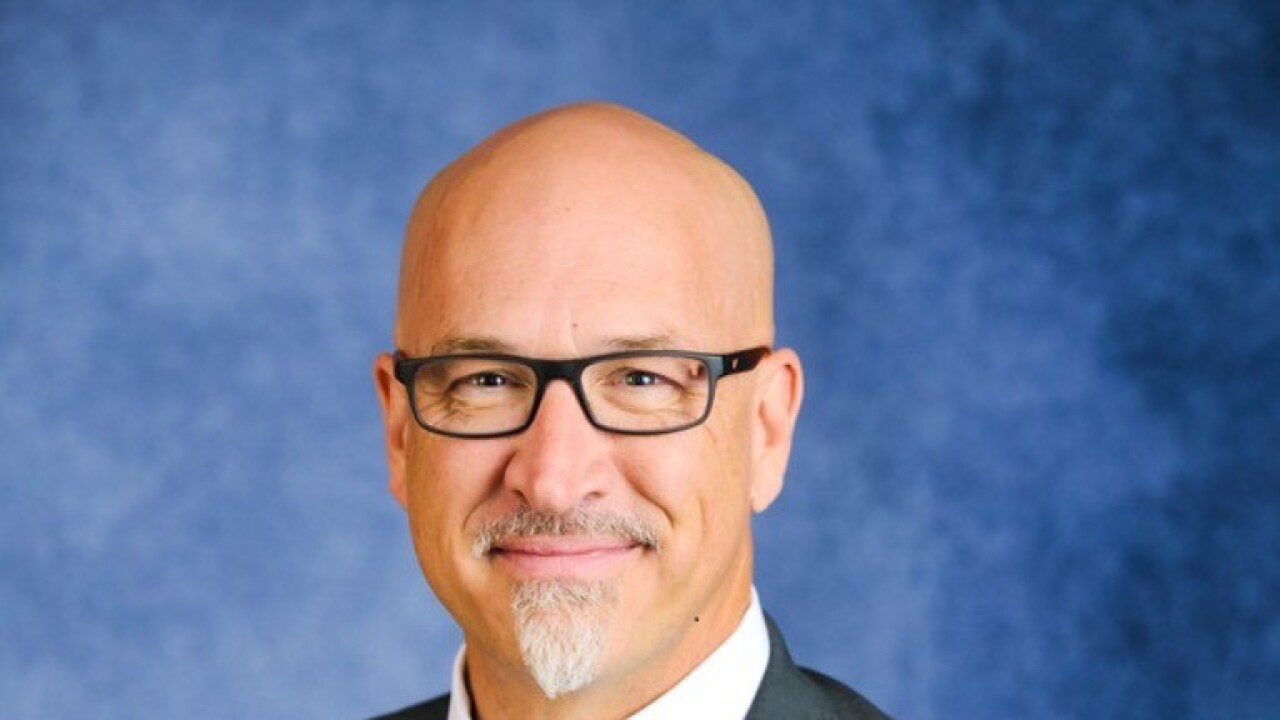(Bloomberg) — Verizon Communications Inc. is transferring about $7.5 billion in pension obligations, or one-fourth of the total, to Prudential Financial Inc. in a drive to remove risk from its balance sheet.
Prudential, the second-largest U.S. life insurer, will take on responsibility for making future annuity payments to certain management retirees of the New York-based telephone company, Verizon said last week in a statement.
Verizon is using the agreement to lower risks related to pensions while improving its financial profile. It follows
“What Verizon is doing is what a lot of companies are considering,” John Butler, a senior analyst at Bloomberg Industries, says. “They are offloading the risk to Prudential.”
The transaction affects U.S. management pension benefits covering about 41,000 current retirees. It excludes current employees and those who retired after Jan. 1, 2010. The pension transfer won’t change the amount of the monthly pension benefit received by affected retirees and surviving beneficiaries, Verizon says.
Prudential CEO John Strangfeld has been expanding through acquisitions and underwriting as he seeks a return on equity of at least 13% next year at the Newark, N.J.-based insurer. He announced a deal last month to take on life insurance obligations from Hartford Financial Services Group Inc. and struck an agreement in June to cut General Motors’s pension obligations by about $26 billion.
“The Verizon transaction is expected to be the second-largest insured annuity settlement in U.S. history, trailing only the GM deal,” reads a statement from HR/benefits consulting firm Aon Hewitt.
The GM agreement may have been a catalyst for more transfers, William Wheeler, president of the Americas at MetLife Inc., the largest U.S. life insurer, said in August.
“That’s causing other corporate treasurers of large, traditional companies with old, traditional pension plans to think hard about what they should be doing,” Wheeler says. “Certainly there’s more conversation now.”
Low interest rates have pressured employers with pension obligations because it is harder for them to generate returns on funds set aside for the liabilities. The Federal Reserve has said it will keep rates near zero at least through the middle of 2015 to stimulate growth in the world’s largest economy.
Insurers are well equipped to take on the contracts because they are used to managing large pools of assets and have experience dealing with risk tied to life expectancies, Prudential has said.
Prudential is focusing on retirement services in the U.S. and Japan after exiting its real-estate relocation and commodities businesses.





